 Vegan, fair & sustainable shopping in The United Kingdom 4.8
Vegan, fair & sustainable shopping in The United Kingdom 4.8 



 Check out reviews
Check out reviewsHow to Rethink Your Buying Habits
 Annie
Annie

As consumers, we shop for a variety of reasons, from passing the time to when we’re sad or celebrating. But consumerism isn’t the path towards a meaningful life, and we know that happiness is not tied to how many things we own, nor is it beneficial for the environment. Being more intentional with your money will not only help you reduce waste and save money, but it will also contribute towards a reduction in the amount of waste we produce globally.
Understand your triggers
If you’re someone who shops a lot, you might have certain triggers or weaknesses where your urge to shop is higher. For example, maybe you’re someone who shops when they’ve had a bad day, where buying new goods serves as a pick me up when you’re stressed or overwhelmed. Or maybe you find yourself reaching for your credit card when you’re celebrating. Are you someone who can’t stay away from a sale or a discount?
Knowing your triggers can help you identify those moments when you’re likely to buy unnecessary items. If you’re tempted by sales, for example, you can unsubscribe from store email lists where you might receive codes and encouragement to shop when you normally wouldn't. If you’re an emotional shopper, on the other hand, you might look for alternative ways to manage your emotions that don’t involve buying more.
Consider the reason behind every purchase
Moving away from mindless consumption takes effort. You need to think about why you’re buying a product and the reasons why you need it. Are you just placing an online order out of boredom or is it something you really need?
There will undoubtedly be items you need to purchase, but in those moments, consider if there are businesses you can shop from that are more sustainable. Greenwashing is a major problem, with businesses trying to appeal to sustainably-minded shoppers without backing up their green credentials. So, when you’re thinking about making a purchase, first think about whether it’s essential and then consider where you can buy from for the least environmental impact.
Experiment with a temporary shopping ban
The first step to changing how you shop is looking at what you have, your lifestyle and where you spend most of your time and energy. Often, we buy without really thinking about what we actually use and need in our lives, which means we accumulate clutter which encourages waste.
To remedy this, implement a temporary shopping ban and take the time to evaluate the bigger picture such as your income, your monthly expenditure and your day to day pursuits. For example, your current spending habits might push your salary’s limits, or you might be overspending on a certain hobby that you never have time to actually take part in.
With a spending ban, you’ll have the chance to really reflect on where you want to spend your money and what’s important to you. More often than not, a few days away from the purchase that’s caught your eye can be enough to remind you you don’t really need it.
Carry out an audit
Often, we’re creatures of habit and that results in us buying multiples of items we feel comfortable with. You might find that you have multiple versions of the same shoes, for example, or various sweatshirts in the same colour. But if you don’t audit your shopping habits and look at where you spend most of your money, you’ll likely make the same mistakes again and again.
Once you assess what you have at home, you’ll have a clear overview of not only what you no longer need to buy but also where you tend to overspend. Have you ever considered adopting a capsule wardrobe? This can serve as a resource when you’re making future purchases. For example, if you find yourself tempted by another dress, you can look back to your audit and see that you do, in fact, already have several dresses that might work for the occasion.
Shop for value
Cheap products may seem like great value in the moment, and for many people they might be the only option available, but they do contribute towards a harmful disposable economy that damages the environment.
Lower quality clothes and electronics, toys or cooking equipment are likely to break or become damaged more quickly, which means they’ll end up in a landfill. What’s more, because you didn’t spend as much on it initially, you’re less inclined to really value the item and repair it if it becomes broken.
If your budget allows, it’s recommended that you buy the best quality you can afford and buy from brands that value high quality manufacturing and materials. These products are better for your wallet in the long term, but they’re also kinder to the environment because you’re likely to take better care of them and repair them rather than throw them away. And if you can combine great quality with sustainability, more so the better.
Learning how to stop buying more and buying better quality instead can take time, but it doesn’t have to be a complicated shift. In fact, these tips can help you create more sustainable, greener shopping habits that will not only help you save money and minimise waste but, more importantly, contribute towards a healthier planet.
Shop used instead of new
You don’t need to buy a brand new product every time you need something in your life, and making the switch to used can really help to lower your carbon footprint and help you create more sustainable shopping habits.
Buying used provides you with an opportunity to find unique items and promotes a more sustainable future, keeping products in circulation for longer. There are numerous online platforms you can use to buy and sell items in a more sustainable way, enabling you to find a bargain and minimise the need for the mining of new resources. But you might also trade with friends and family or look to local thrift stores for used products when you need a new item.
Shop with compassion
Finally, we urge you to shop with compassion. No more than you really need. Always vegan, fair and as sustainable as possible.
Discover the ethical & sustainable fashion, shoes & bags for gentlemen and gentlewomen, makeup & care, and home essentials curated by Shop Like You Give a Damn 💚
.jpg)
 T-Shirts & Tops
T-Shirts & Tops  Shirts & blouses
Shirts & blouses 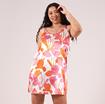 Dresses
Dresses  Skirts
Skirts  Pants
Pants  Jeans
Jeans  Knitted sweaters & cardigans
Knitted sweaters & cardigans  Hoodies & sweatshirts
Hoodies & sweatshirts  Coats & jackets
Coats & jackets  Suits & co-ord sets
Suits & co-ord sets  Lingerie & underwear
Lingerie & underwear  Legwear
Legwear  Lounge & nightwear
Lounge & nightwear  Sportswear
Sportswear  Jumpsuits & dungarees
Jumpsuits & dungarees  Maternity Clothing
Maternity Clothing  Shorts
Shorts .jpg) Swimwear
Swimwear 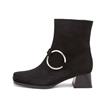
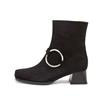 Boots
Boots  Sneakers
Sneakers  Slippers
Slippers  Heels
Heels  Loafers & flats
Loafers & flats  Hiking & sports shoes
Hiking & sports shoes  Lace-up shoes
Lace-up shoes 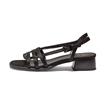 Sandals
Sandals  Shoe care & accessories
Shoe care & accessories 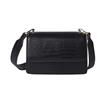
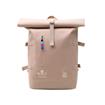 Backpacks
Backpacks 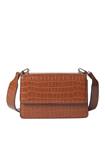 Crossbody bags
Crossbody bags 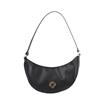 Handbags
Handbags 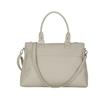 Shoulder bags
Shoulder bags 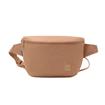 Bum & belt bags
Bum & belt bags 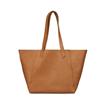 Shoppers & Totes
Shoppers & Totes 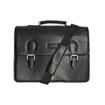 Laptop bags
Laptop bags 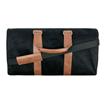 Travel bags & sports bags
Travel bags & sports bags 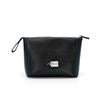 Clutches
Clutches  Toiletry Bags
Toiletry Bags 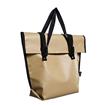 Cycle bags
Cycle bags 
.jpg) Hats
Hats  Scarves
Scarves  Gloves
Gloves 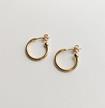 Jewelry
Jewelry  Hair accessories
Hair accessories 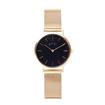 Watches
Watches  Belts
Belts 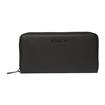 Wallets
Wallets  Sunglasses
Sunglasses 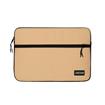 Laptop sleeves & phone cases
Laptop sleeves & phone cases  Key rings
Key rings 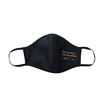 Face masks
Face masks 
 T-Shirts & Polo's
T-Shirts & Polo's  Shirts
Shirts  Jeans
Jeans  Pants
Pants  Coats & jackets
Coats & jackets  Knitted sweaters & cardigans
Knitted sweaters & cardigans  Hoodies & sweatshirts
Hoodies & sweatshirts  Underwear
Underwear 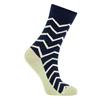 Socks
Socks  Sportswear
Sportswear  Shorts
Shorts  Swimwear
Swimwear 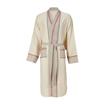 Lounge & nightwear
Lounge & nightwear  Sneakers
Sneakers 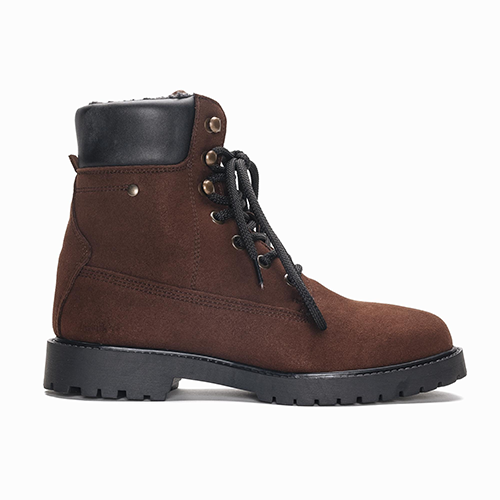 Boots
Boots  Dress shoes
Dress shoes  Hiking & Sports Shoes
Hiking & Sports Shoes  Slippers
Slippers 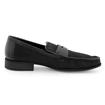 Loafers & mocassins
Loafers & mocassins 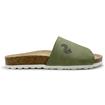 Flip flops & sandals
Flip flops & sandals 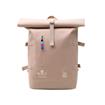
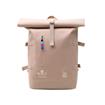 Backpacks
Backpacks 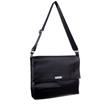 Shoulder bags
Shoulder bags 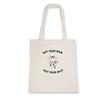 Cotton bags
Cotton bags 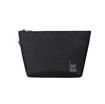 Toiletry bags
Toiletry bags 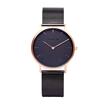
.jpg) Hats & beanies
Hats & beanies 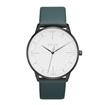 Watches
Watches 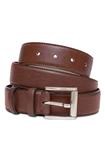 Belts
Belts  Wallets
Wallets  Ties & bow ties
Ties & bow ties  Sunglasses
Sunglasses 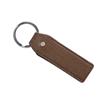 Key rings
Key rings 
 Bronzer
Bronzer  Concealer
Concealer  Powder
Powder  Blush
Blush  Highlighter
Highlighter 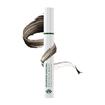
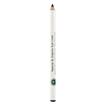 Eyeliner & eye pencil
Eyeliner & eye pencil  Eyeshadow
Eyeshadow 

 Lipstick
Lipstick 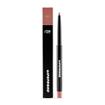 Lip liner
Lip liner 

 Face cleanser
Face cleanser  Toner
Toner  Exfoliants
Exfoliants  Serum
Serum  Moisturiser
Moisturiser 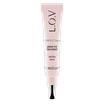 Eye cream
Eye cream  Face masks
Face masks  Face scrub
Face scrub  Lip balm
Lip balm 
 Shampoo
Shampoo 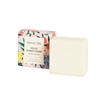 Conditioner
Conditioner  Hair care
Hair care  Hair styling
Hair styling 
 Hands & feet
Hands & feet 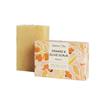 Shower
Shower  Body lotions, butters & oils
Body lotions, butters & oils 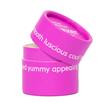 Deodorant
Deodorant  Oral care
Oral care 


.jpg) Candles & fragrance sticks
Candles & fragrance sticks .jpg) Vases & planters
Vases & planters  Lighting
Lighting .jpg) Cushions
Cushions  Other home decor
Other home decor .jpg) Furniture
Furniture 
 Tableware
Tableware .jpg) Kitchen tools
Kitchen tools .jpg) Storage jars
Storage jars 
 Bed sheets
Bed sheets  Duvet covers
Duvet covers  Throws & blankets
Throws & blankets  Pillow covers
Pillow covers 
 Cleaning
Cleaning 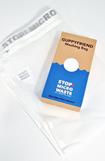 Laundry bags
Laundry bags .jpg)
.jpg)
.jpg) (Reusable) Notebooks
(Reusable) Notebooks 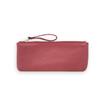 Pencil cases
Pencil cases .jpg)

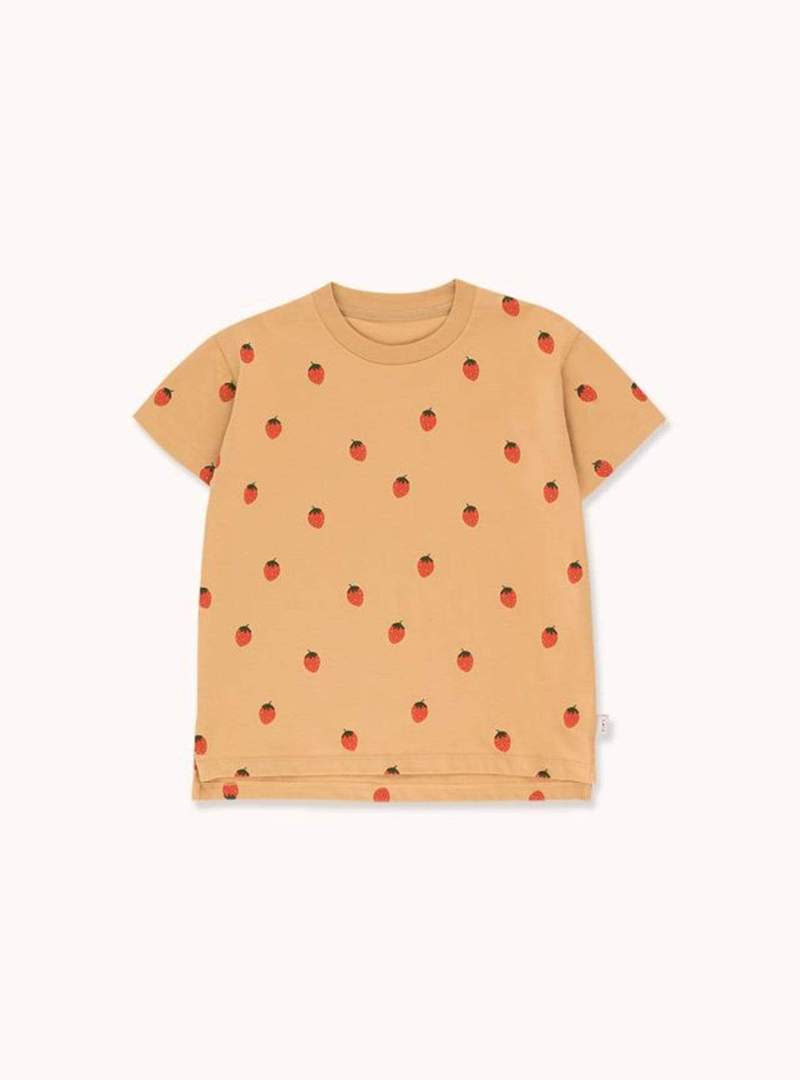 Clothing
Clothing  Shoes
Shoes 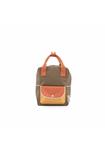 Bags
Bags 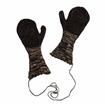 Accessories
Accessories  Toys
Toys 
 Clothing
Clothing  Accessories
Accessories  Toys
Toys 

